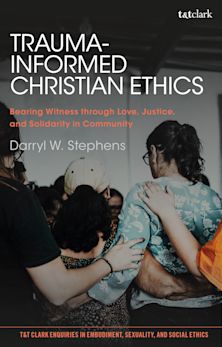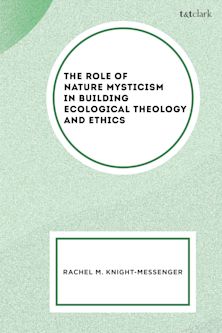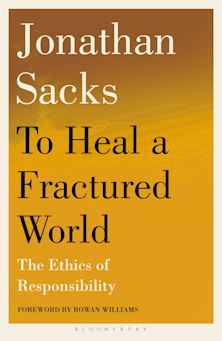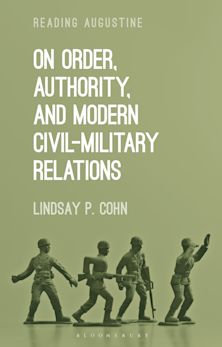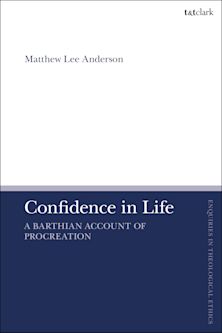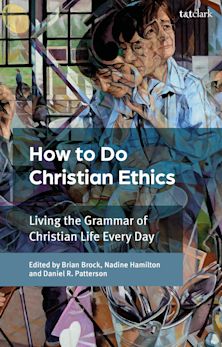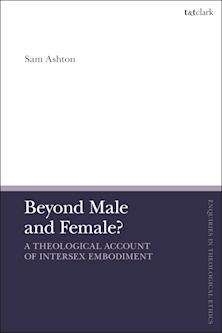- Home
- ACADEMIC
- Theology
- Theological Ethics
- Just Revolution
Just Revolution
A Christian Ethic of Political Resistance and Social Transformation
Just Revolution
A Christian Ethic of Political Resistance and Social Transformation
You must sign in to add this item to your wishlist. Please sign in or create an account
Description
Despite the U.S Catholic Bishops’ 1983 declaration that “insufficient analytical attention has been given to the moral issues of revolutionary warfare,” theological scholarship has been slow to engage in systematic analysis of what makes a revolution ethical or unethical. Just Revolution: A Christian Ethic of Political Resistance and Social Transformation aims to address this lacuna. What principles and practices ought to guide people who want to free themselves from dictatorial or oppressive governments?
With this question in mind, this book focuses on oppressed peoples as agents of their own processes of social transformation. The model of just revolution proposed endeavors to limit violence to do the least possible harm while overcoming political oppression, working toward a justice, and promoting long-term efforts at peacebuilding and sociopolitical reconciliation.
Using the South African struggle against apartheid as a case study, Just Revolution posits an ethic for revolutionary activity that begins with nonviolent just peacemaking practices, allows for limited and restrained armed resistance in accordance with revised just war criteria, and promotes post-revolutionary transitional justice and social reconciliation. Together the practices and criteria that emerge from this study yield a rich and theologically grounded ethic of just revolution.
Table of Contents
Chapter One: Historical Context for A Case Study: Oppression in South Africa
Chapter Two: Theological Roots of the Just War Tradition and Just Peacemaking Theory
Chapter Three: Just Peacemaking Practices for Resisting Oppression
Chapter Four: The Just War Tradition and Revolution
Chapter Five: Restorative Justice for the Common Good
Chapter Six: Just Revolution and the “Arab Spring”
Product details
| Published | 17 Jun 2015 |
|---|---|
| Format | Ebook (PDF) |
| Edition | 1st |
| Extent | 188 |
| ISBN | 9798216257219 |
| Imprint | Lexington Books |
| Publisher | Bloomsbury Publishing |
About the contributors
Reviews
-
Since the end of the Cold War, the majority of deaths in warfare have occurred in intrastate, rather than interstate conflicts. Yet ethical analysis of war has tended to neglect questions about intrastate conflict in favor of addressing interstate conflict, nuclear warfare, or transnational terrorism. Scheid’s book addresses this lacuna very adeptly, by analyzing the ethical issues that arise when oppressed groups seek to transform their governments.... [Scheid]’s discussion of the “reasonable hope of success” criterion is an interesting one for a theological audience.... Overall, [Scheid]’s interweaving of traditional sources with contemporary examples makes for engaging reading that would not be out of reach for advanced undergraduates. A “just revolution” involves complex moral questions and [Scheid] is to be commended for approaching them with both nuance and clarity.
Theological Studies
-
With respect to the field of Christian ethics of conflict, Scheid’s book offers an important evaluation and rereading of a tradition of thought that has rarely taken seriously what a just revolution might consist of. . . What Scheid’s book—in evaluating revolution by the classic restraints present in just war thinking—has provided is a far thicker vision of revolution than its predecessors. . . . As conflicts across the world continue to be perpetrated more and more by non-state actors, Scheid’s work is an invigorating example of how to think constructively in a new era without throwing out the traditions of the past.
Studies in Christian Ethics
-
Just Revolution represents a major advance in the Christian tradition of Just War theory by providing an ethic to guide a strategy of non-violent unarmed resistance and armed resistance to overthrow an oppressive regime. By analyzing closely the conflict with apartheid in South Africa, she richly illustrates her argument and at the same time illuminates in new ways a conflict about which so much has already been written. This is a work that will be studied and engaged for years to come.
Robert J. Schreiter, CPPS, Vatican Council II Professor of Theology, Catholic Theological Union at Chicago
-
Just Revolution addresses the ethics of response to grave injustice in a most creative way. Drawing on nonviolence and just war theory as these two traditions shaped response to apartheid in South Africa, Anna Floerke Scheid presents a vision of greater justice and peace that is both ethically illuminating and practically challenging. This is book from which one can learn much.
David Hollenbach S.J., Pedro Arrupe Distinguished Professor,Georgetown University
-
From the American Revolutionary War and the French Revolution in the eighteenth century to the more recent dismantling of apartheid in South Africa and the 'Arab Spring' in nations such as Libya and Egypt, oppressed people have fought—using either violent or nonviolent methods, or sometimes both—in order to resist and overcome unjust governments. However, as the U.S. Catholic bishops rightly observed in 1983, 'insufficient analytical attention has been given to the moral issues of revolutionary warfare.' While just war theory has dominated theological and ethical thinking for nearly two millennia now, and even though just peacemaking and restorative justice are gaining traction in and beyond the church's teaching on responding to injustice, hardly any attention has been given to what justifies revolt and to what constitutes a 'just revolution.' By weaving together insights from not only just war but also just peacemaking and restorative justice, in connection with careful consideration of cases of revolution in our time, Anna Floerke Scheid's fascinating book patches this hole. I highly recommend it.
Tobias Winright, Hubert Mäder Chair of Health Care Ethics, Saint Louis University












